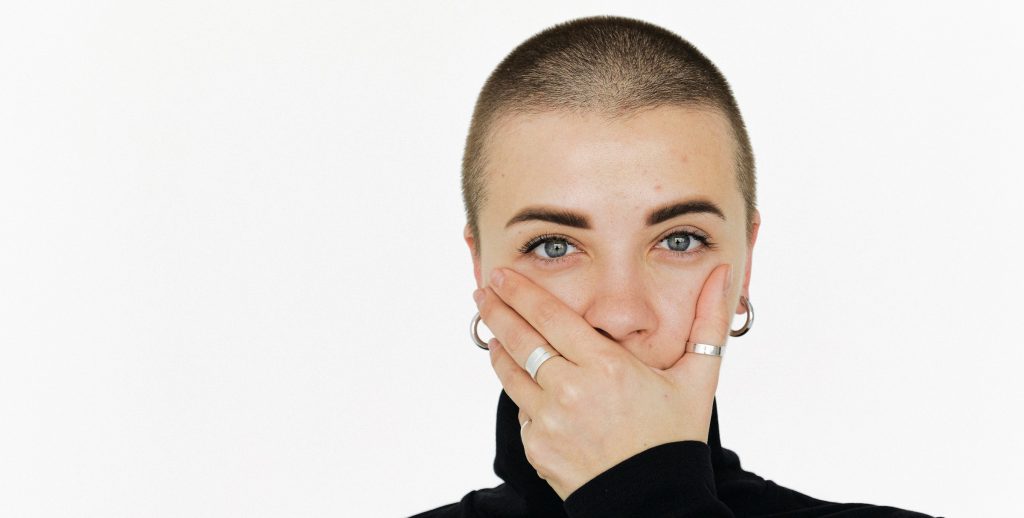When discussing any illness, it’s natural to think about cures. If we’re sick, we want to feel better, and feeling better usually involves ridding our bodies of the illness.
This is a good impulse to have regarding STIs. STIs can cause serious harm to your health if left untreated, and Chlamydia is no exception.
So, is Chlamydia curable? Keep reading to find out more.
Understanding Chlamydia
Before we talk about cures, it’s important to understand what Chlamydia is and how it behaves.
Chlamydia is caused by the bacterium Chlamydia trachomatis. These bacteria infect the urinary tract, often causing inflammation in the genital area. This inflammation can also cause pain during urination and sex.
The body’s immune response to the infection can also cause unusual discharge from the genitals that can appear off-white or yellow in colour. This discharge is largely made of plasma and pus and can often have an unpleasant, foul-smelling odour.
However, what makes Chlamydia such a pernicious infection is that it often doesn’t produce any symptoms. It’s very common for many people to have the infection and not know it, allowing it to spread without the carrier’s intent.
This is what makes early detection and frequent sexual screening of sexually active people so important. Better2Know always encourages sexually active people who have begun sexual relationships to get tested to protect their sexual health.
And it is important to protect your sexual health because of the effects untreated Chlamydia can have.
In women, untreated Chlamydia can lead to Pelvic Inflammatory Disease (PID), which can cause chronic pelvic pain, infertility, and potentially fatal ectopic pregnancy. Men can also suffer from complications such as epididymitis, leading to fertility issues.
Having a Chlamydia infection can also make it more likely you will get other STIs, like HIV.
How do you get a Chlamydia infection?
Chlamydia can be transmitted in several ways.
The infection is most commonly spread through sexual activity, including vaginal sex, anal sex, oral sex, and sharing sex toys. You can also get Chlamydia in other parts of your body like your eyes, which will cause conjunctivitis.
Contrary to popular myth, it’s not possible to get Chlamydia through skin-to-skin contact, like hugging, holding hands, or kissing.
How Chlamydia is treated
The good news is that Chlamydia is curable. Most Chlamydia infections can be cured with antibiotics, usually in the form of tablets.
For most people, this is enough to clear the infection. But that doesn’t happen every single time.
How Chlamydia can recur
Like with most treatments for illnesses, it doesn’t always go perfectly every time.
Sometimes, people miss a dose of their medication or do not finish the treatment because their symptoms go away. This can help the infection reestablish itself in the body.
Also, if you get treated for Chlamydia, it doesn’t mean you can’t get it again. Having regular unprotected sex with new partners can put you at risk of reinfection and can expose you to getting other STIs or unwanted pregnancies.
Final thoughts
While Chlamydia is a very common infection, it’s very curable. But if you’re sexually active and have symptoms of Chlamydia, or you’re concerned about a recent sexual encounter, you should get tested.
Better2Know’s Chlamydia and Gonorrhoea test detects the two most common bacterial STIs using only a simple urine sample.





